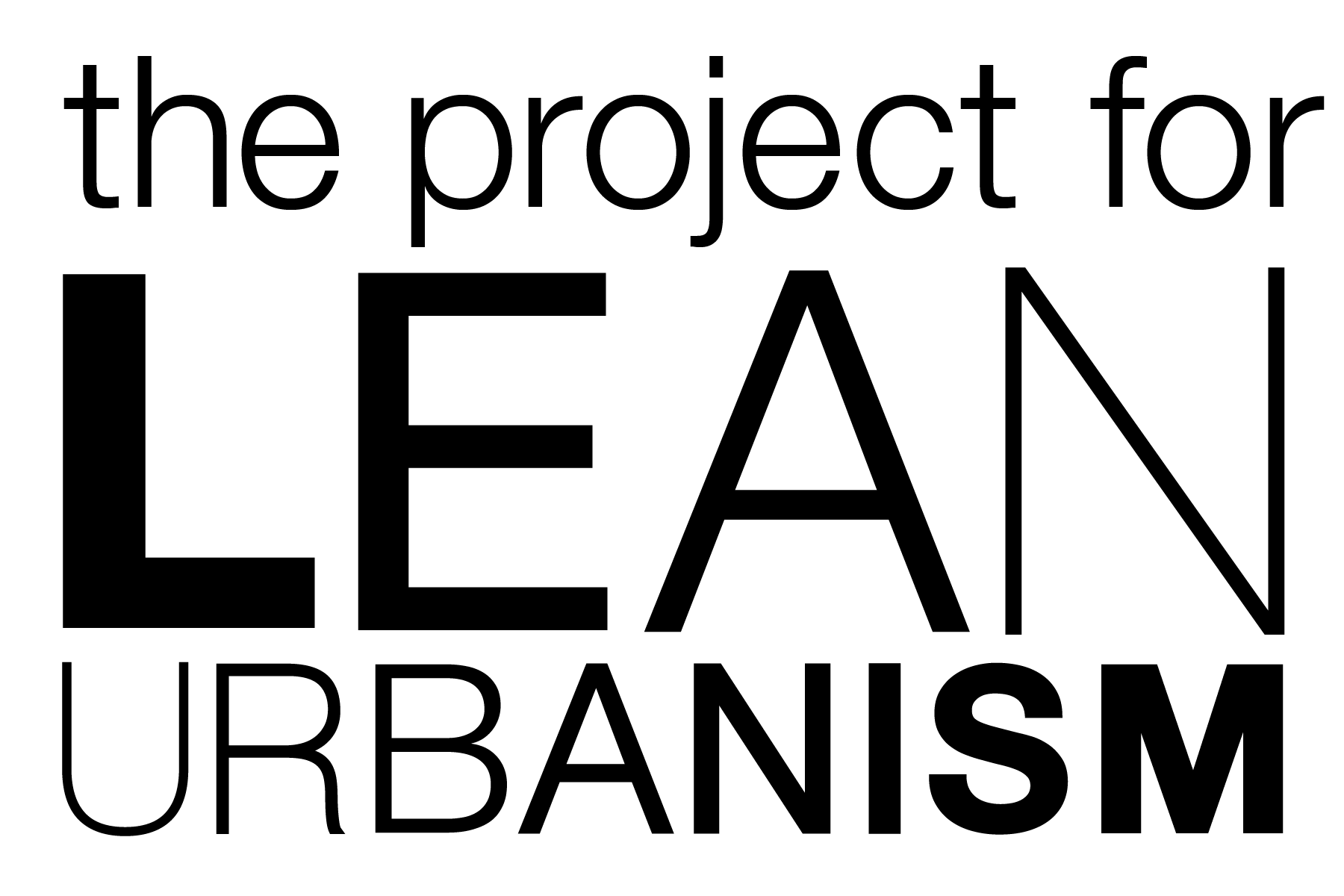Research
All | Position Papers | Case Studies
The Pink Zone – Where Small Is Possible
The Pink Zone is a powerful tool for concentrating resources on the task of enabling small-scale, community-centered development and revitalization. It defines an area of focus, leverages a suite of available tools, and provides a platform for the community to gather resources, make commitments, and work together on projects that enhance community character and allow existing businesses and residents to remain and profit from the improved quality of life. The Pink Zone tool will be developed and refined in a series of pilot projects, and then released to the public.
The Lean Business of Place-Based Enterprise
Within every community are two economies: one is locally generated, or “place-based,” and sustains assets at home, while the other operates remotely, extracts local value, and sends it elsewhere. Regeneration of a community depends on retaining and growing small, locally owned enterprises that simultaneously build cultural, social, built and financial capital. While big businesses dominate global markets, command the entrenched financial and banking powers and are incentivized by misguided government policy, emerging startups can disrupt the status quo and prove that local economies can compete successfully if they connect with their customer base and build capacity through local networks. The challenge for Lean Urbanism is to take charge at the association and neighborhood levels: to monitor, harness and replicate emerging local business successes and through bottom-up vigilance influence top-down policy to change not just the economic dynamics of a region, but strengthen its cultural, social and built landscape.
From Landlord to Leanlord
Owning a small piece of your neighborhood can be good for you and good for your city. Owners of small buildings benefit by generating income and building wealth, as the immigrants to New England who bought and rented out “triple-deckers.” Small building ownership faces challenges, mostly due to lack of economies of scale. However, every asset class has inherent challenges, so budget for them and focus on the benefits.
Lean Ethics – the Big and the Small
Regulation and government programs are supposed to protect the consumer and empower the market. Too often, though, they favor big, incumbent businesses. They require things like bonds, copious paperwork, and multiple layers of review. They are too expensive and time-consuming for small builders, small businesses, and homeowners. Programs politicians told us would create opportunity for everyone instead create opportunity for big incumbents. The young, immigrants, people who work with their hands — “makers”— suffer particularly. Such suffering is unjust in a system that is supposed to create opportunity.
Regulatory Barriers to Home Construction and Rehab
Regulatory barriers make housing less affordable to millions of households in the US and abroad. If regulatory barriers were reduced, small developers could provide housing at more affordable prices. This article assesses the current state of knowledge about the effects of federal, state, and local regulations on the supply and cost of housing.
The Lean Scan – Activating Community Assets
The Lean Scan is one of the key tools of the Project for Lean Urbanism. It is a method for uncovering hidden assets and opportunities within a neighborhood, district, corridor or town, and for identifying why those assets are underutilized. The Lean Scan will be deployed in a series of pilot projects to be tested and refined in before being released to the public as a free tool.
Lean Financing – Alternatives to Institutional Capital
Financing Lean Development requires both institutional and non-institutional sources of capital. This paper focuses on project equity from non-institutional sources. Years of observations and anecdotal conversations with developers of small, innovative projects suggest that Lean Development is coming of age, but it has significant hurdles to realizing its potential, and financing is among the more difficult to overcome. Understanding the motivations, requirements and techniques for working with non-institutional investors is critical to overcoming one of the primary hurdles for Lean Development.
Lean Governing
Lean Governing is not government reform. It is the action-focused exercise of collective will by local elected officials and citizens. It is a process of discovery, of robust experimentation and learning by doing.
How might Lean Governing be applied in places where local leaders believe in Lean Urbanism and want to support it? The term Lean Governing is used here to connote a network of distributed leadership among public entities, citizens and businesses, focused not on a massive, long-term reform of government, but rather on robust experimentation with alternative models through a set of opportunistic partnerships.
Lean Opportunity Resides in Small Towns
At a time when we are re-connecting with our urban roots, a return to Small Town America may be the perfect anecdote for recouping a vast amount of discarded national wealth in infrastructure, natural resources and historic architecture while simultaneously building community in a Lean way, with Lean tools and tactics. Our rural and suburban landscape is home to a network of more than 25,000 small urban gems boasting hidden assets and opportunities — places that may be the best locations to pioneer trends in Lean living, entrepreneurial business and building.
Lean Sprawl Repair – Mall Retrofit
As a comprehensive method for transforming car-dependent environments into walkable, diverse communities, Sprawl Repair includes small-scale and inexpensive interventions. Sprawl Repair works at multiple scales, from the region to the neighborhood and the building, and utilizes a variety of tools that are cost-effective, incremental, and can be quickly implemented. This paper will demonstrate how a mall, the most promising contender for Sprawl Repair, can be retrofitted in small, efficient steps, creating much-needed, cheap space for incubating new businesses and artisan uses, as well as providing affordable student housing.
